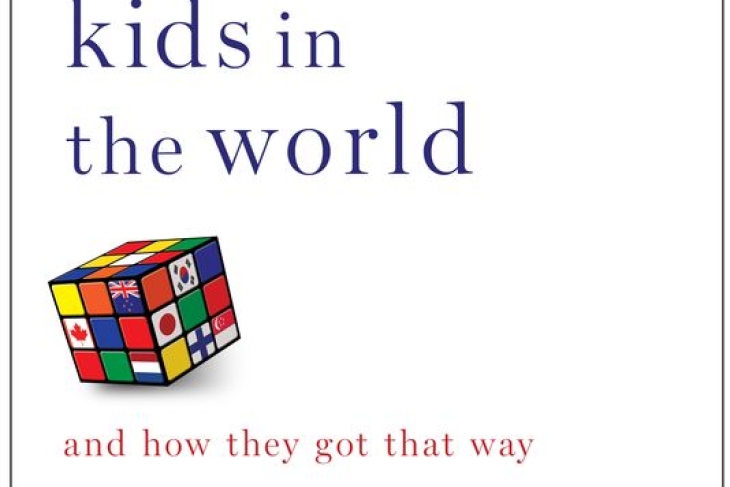Amanda Ripley delivers a familiar admonishment to a new generation of Americans: The (mediocre) schools we have are the schools we deserve. In her first—and quite excellent—book on education, Ripley skillfully communicates this message through the experiences of teenaged U.S. exchange students inserted into three countries—Finland, South Korea, and Poland—for one year. All three countries have made recent leaps and bounds in educational achievement, and all three approach education in different ways: Finland’s “Utopia” model relies on highly trained, autonomous teachers and effective school choice. South Korea’s “Pressure Cooker” approach demands hard work in an ultra-competitive environment. And Poland’s “Metamorphosis,” which began in the late 1990s, focuses on rigor; accountability; high expectations; and district, school, and classroom autonomy. So with her veteran-journalist cap firmly in place, the author visits each of the three students in their host countries to compare their experiences—and perhaps gain insight as to why American students have lost ground. According to Ripley, American culture is a root cause of our education failings, including what parents want in a school, what kids learn at home, or officials’ unwillingness (or inability) to change teacher training, accountability systems, and curriculum. For instance, unlike the Finnish, we shield our children from failure and we don’t train our teachers like we train doctors, with ultra-selective schools, challenging graduate programs, and commensurate pay. And unlike all three of the nations featured, we lack a sense of urgency and the conviction that effective, rigorous education is the only thing that can prevent us from falling further behind in the global economy. Ripley’s message may not be new, but she imparts it with uncommon freshness, objectivity, and verve.
SOURCE: Amanda Ripley, The Smartest Kids in the World (New York, NY: Simon & Schuster, 2013).

